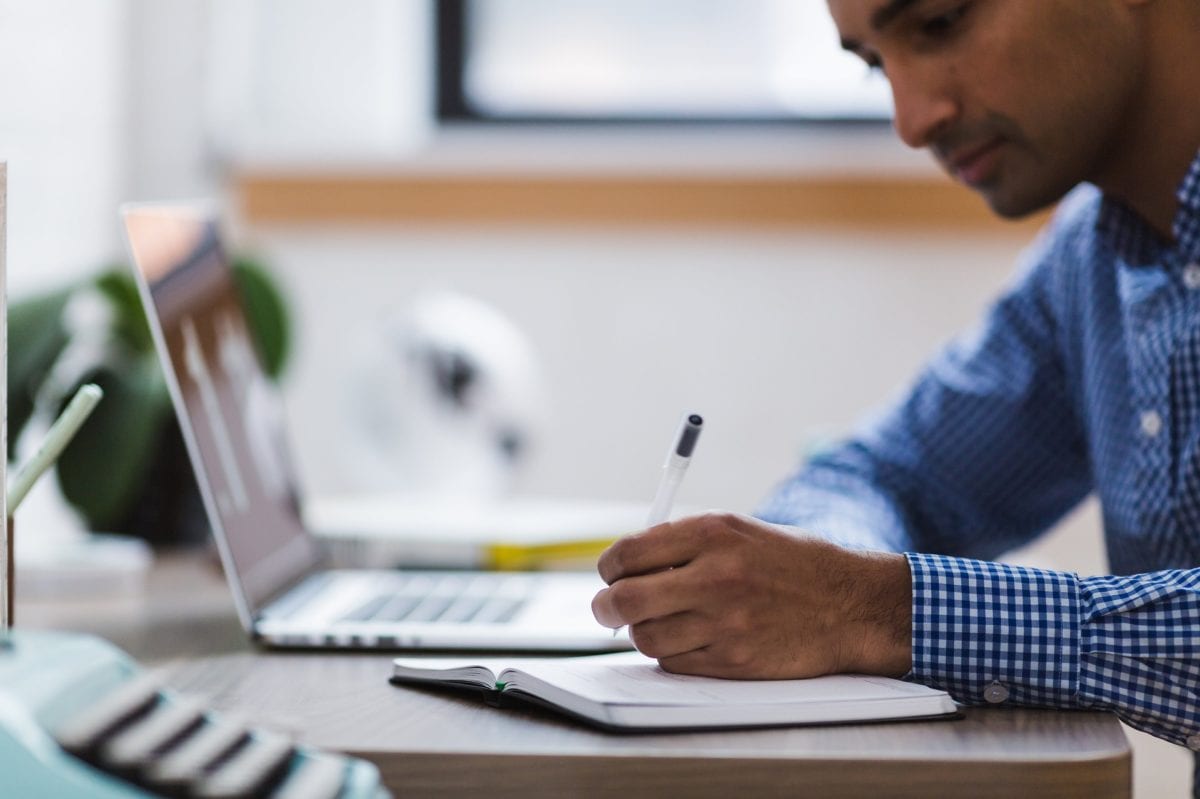The old saying “childhood dreams do come true” has certainly held true for CBC’s primetime Toronto News anchor and veteran television journalist Dwight Drummond. Despite his humble beginnings growing up in the notorious Jane and Finch area and as a Jamaican immigrant to Canada, Drummond defied all odds, and emerged as one of Canada’s “Best Local Newscasters,” according to his prestigious Canadian Screen Award.
The Edge caught up with Drummond to chat about the impact of COVID-19, his personal challenges and the future of media.
As a national journalist, there’s no doubt that there was a shift in your job since COVID-19. How has your job changed because of this and how have you personally adapted to these changes?
Personally, not a lot has changed as I am considered an essential worker and go to work every day. CBC has adapted well by setting up studios in relevant employee’s basements but for me it was not feasible. It has certainly been different in terms of processes and protocols as the writers and editors work from home, but we have been able to pull it off. We have adapted and evolved.
Due to COVID-19, industries around the world had to restructure. What were some of the distinctive changes and/or innovations you noticed in the media industry and how do you believe this will impact society’s interaction with each other and the media?
We are in a state of flux with the media presently. We tend to politicize the media. People forget we are in this together as a society. We are not only working as journalists, but we go home to our families and we live like anyone else. The demonization of the media is something I worry about—like we’re picking sides instead of helping each other. We are the voice of the people, so when I ask you a question, I’m not asking for myself—it’s because the public wants to know.
The other problem which is a worrying factor is that the general public cannot differentiate between a columnist and a reporter. The lines have been blurred and it’s our own fault in the media. When one is watching CNN or Fox [News] at night—they’re not reporting, they are commentating. I call it “infotainment.” There is a confusion as to what is actual news and someone’s opinion.
What is a typical day in the life of Dwight Drummond at CBC? What’s your favourite and least favourite part of the day?
When I awake—I’m a news guy—I usually start my day with World Report on CBC, which has become a tradition. At 11 a.m., the team has a brainstorming session—the writers, producers, and reporters put our heads together for the broadcast.
Some days, I may do an outside broadcast with the cameraman. After returning to the studio, the team goes through the lineup and we begin doing pre-shoots.
Due to COVID-19, we have been doing a lot more Skype interviews compared to previously and there’s no makeup room anymore, which I love, because I hate going into makeup. I love those working in the make-up room [laughs] but I hate getting the makeup done. Around 5 p.m., we shoot what we call the headlines and thereafter go live at six to seven [o’clock].
Being a person of visible minority and an immigrant, what were some of the challenges that you had to experience prior to making a name for yourself in broadcast journalism and how did you overcome them?
It was daunting and scary at the beginning—but I didn’t allow to be stereotyped or be told “because I look different, I can only do this.”
When I got accepted into Ryerson [University] for Radio Television Arts and U of T [University of Toronto] for English Literature, my guidance counselor had said, “Well, Dwight, if you want a job, go to Ryerson; if you want a degree, go to U of T.” At the time, I was still living at Jane and Finch and I needed a job [laughs] so I ended up going to Ryerson. [It was the] best decision because the program was exactly what I needed to prepare me for the industry. It was difficult but it kickstarted my career. The English department at my high school, Runnymede [Collegiate], boosted my confidence, which really helped.
CBC has gone through a lot of changes, unfortunately, in a time that’s already full of uncertainty. What advice do you have for young journalists on what they should expect from a competitive field and the future of Canadian media industry?
Know the industry because it is continuously morphing. There are not enough jobs at traditional media companies, which is problematic. I worry about people coming into the industry because of the contraction and the lack of jobs currently.
One does not have to work for a large network to be successful but put yourself and work out there without a CBC or BBC. If you want to be a writer, start writing. Publish your opinions online and you will be surprised at the opportunities that this will bring about. Increase your skills in the industry as much as possible, because the days of working 30 years in the same job and retiring to Florida are over.
What qualities do you think make a good leader and how do you lead by example at work?
It is important to hear what people have to say and really listen. When leading a team, one has to be open to ideas—be smart and compassionate, which I believe is lacking in many leaders today.
What does the future hold for Dwight Drummond—maybe something in politics?
No, not politics! I wanted to teach but now I don’t think this is my future for me. I’m now 52 years old and hoping to leave the industry between 55 and 60 years old. It is still having to be decided what I would like to do. I enjoy the show and get to do other things outside of it, once in a while. This is the goal—if you told me as a kid on Jane and Finch that I’d be hosting on CBC, I would’ve laughed at you.
Dontei Wynter | Staff Writer




















